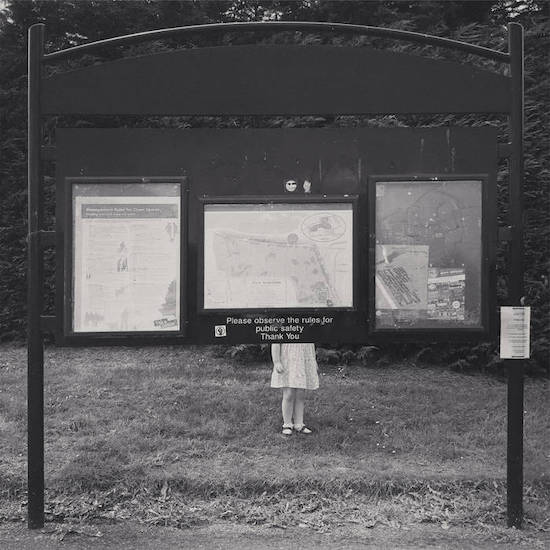For her third album, Scottish songwriter Kathryn Joseph compacts her sound and narrows her focus to write about – and write for – people who are being hurt by other people. The album’s title is also its dedication. Taped over a single week in the Highlands, for you who are the wronged is Joseph’s barest, most disciplined and minimal collection so far.
It’s not as if Kathryn Joseph’s music was ever sonically busy, per se. But now it feels as if she’s emptying out the vessel of layered music altogether, to leave as much vacuum as she possibly can. That way, atmosphere and lyrics have primacy and fill the space. So, for you who are the wronged is a solo album in almost the purest sense: unadorned piano, voice, and a singularity of purpose. The seething, sometimes overwhelming statements-in-song become what you breathe in.
Joseph’s chiming, old-fashioned electric piano sound is very specific and she fully exposes it. Even when production augmentation is audible, it is still subtle. A hint of distortion, or a gentle, low-end rhythmic underpinning. These could be deliberate studio effects, or equally the capturing of body movement Joseph makes as she performs. There is an organic physicality in the music.
Not until track three ‘only the sea would save them’ comes a multi-tracked vocal. Next, ‘how well you are’ is the first time one clearly discerns any additional arranged layers. ‘the harmed’ has its faint glitchy loop that could be mistaken for crackling vinyl. But that’s basically it, beyond the electric piano and the singer. Like, as if the music must be a scaffolding rather than a solid building, so nothing inside can be hidden. It’s airy, yet can be profoundly claustrophobic. I suspect I’m writing about keyboards and production in order to put off diving into the subject matter.
Burning even when lyrically abstract, for you who are wronged is seared through with moments of abuse and hurt and unbalanced relationships derailed by cruelty. Somehow Joseph is able to place luminescent anger and generous humanity in sync, as parallel backbones of the record. This isn’t a first person survivor’s self-empowerment jam, though. It’s more of a gift: a witness testimony, in the service of caring for people, presumably real-life people Joseph knows, who are trying to navigate abusive situations. She captures the piercing clarity of vision that occurs when you are a third party – likely powerless – angry on behalf of someone you care for.
I find myself contrasting Joseph’s ‘companion of the survivor’ perspective to the more direct storytelling in Lucy Dacus’ brilliant song ‘Thumbs’. Yet we’re murkier and more menaced here, stretched over a bigger canvas, both in music-making and in narrative. That doesn’t mean the lyrics are over-specific, or even particularly precise in their narrative drive. The imagery is more important – and more potent – than pinning down a story. Taken as a whole, for you who are the wronged has that sense of a spiritual, supportive kind of a witnessing, rather than documentation. Helplessness and the act of helping melt together.
Musically, there are some parallels with another album I reviewed for tQ not so long ago, Keeley Forsyth’s Limbs. They’re both quiet and dark and beautiful, using intense, intimate vocal work for their impact. But where Forsyth’s work has a compositional coolness that leans hard on itself as ‘art’, these Kathryn Joseph songs are just fucking raw and brutal as shit – and all about the subject.
Joseph has disguised a collection that could’ve easily been presented in a more conventional pop way. Because it’s not dissonant or ‘progressive’ (whatever that means) – there is immediacy and melody. So, ‘how well you are’ just about hints at nineties balearic rave rhythms (yeah, it does). Stick a beat on it and ‘of all the broken’ could be a Billie Eilish smash.
In the end, Joseph’s confounding, exquisite voice aside, the musical emptiness isn’t experimental, nor sonically disconcerting: rather, its unadorned nature just keeps the songs constantly listenable, and re-listenable, despite its sheer heaviness. She’s not holding us at arm’s length, even if the horror within this record might do that. Carefully, she avoids alienation.
One of the purest, most ferocious, most generous albums I’ve heard. A simple offering, and an outright masterpiece of emptiness and full-to-bursting-ness at the same time.


